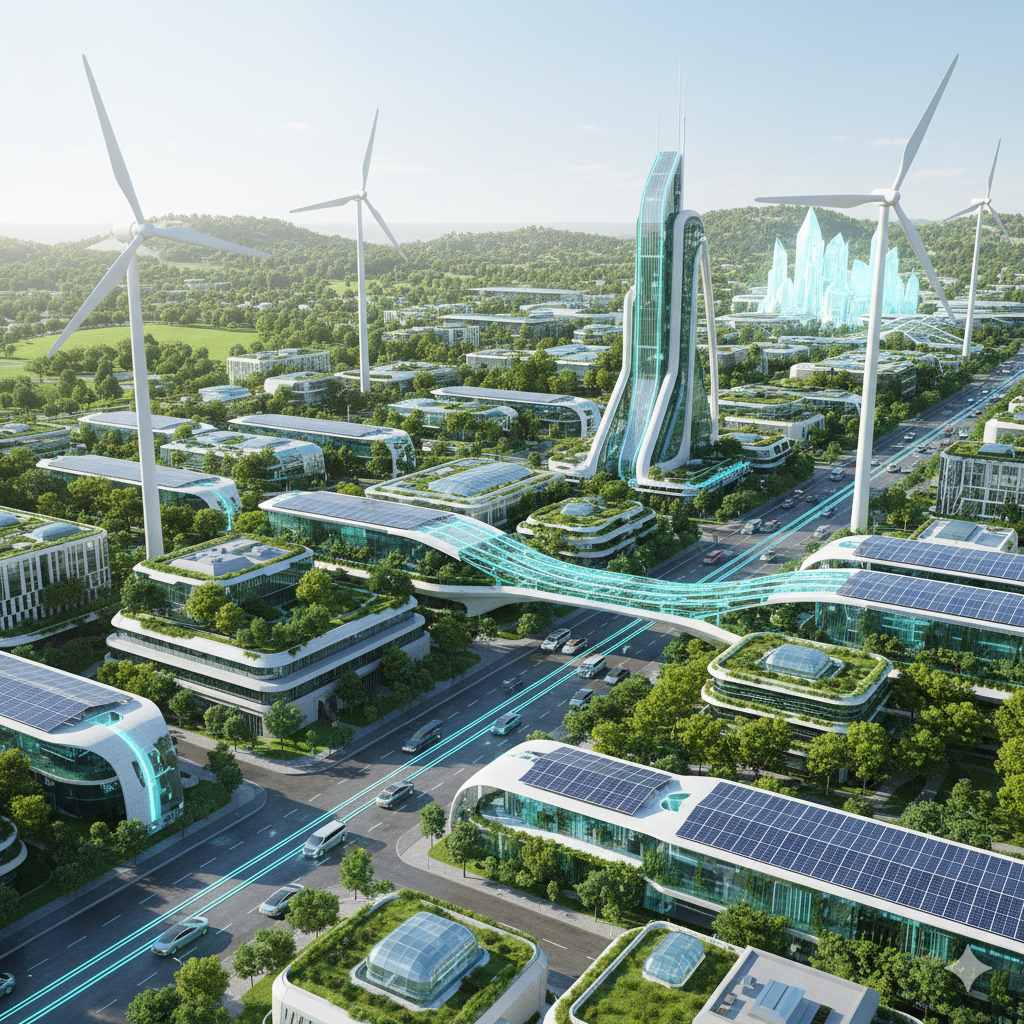Green Technology 2025: How Sustainable Innovation Is Saving the Planet

In 2025, the world stands at a critical turning point. Climate change, energy shortages, and waste pollution are urging industries to rethink how they operate. The answer lies in green technology 2025 — a movement that combines innovation with sustainability to protect the planet while driving economic growth.
What Is Green Technology?
Green technology, also known as sustainable or clean technology, focuses on creating solutions that reduce negative environmental impacts. It includes renewable energy systems, electric mobility, eco-friendly manufacturing, and smart city development. As we enter 2025, this field is no longer optional — it’s the foundation of a future-ready world.
1. Renewable Energy Revolution
One of the strongest forces driving green technology 2025 is renewable energy. Solar, wind, and hydropower systems are rapidly replacing fossil fuels. In many countries, renewable sources now generate more than 40% of the total power grid. Advances in solar panels, battery storage, and grid integration have made clean energy affordable and accessible for everyone.
2. Smart Cities and Sustainable Infrastructure
Smart cities are at the heart of sustainable innovation. Using IoT sensors, AI systems, and data analytics, cities can now optimize energy use, manage waste, and reduce traffic emissions. By 2025, more than 70% of new urban projects include smart lighting, electric public transport, and zero-emission building designs.
3. The Rise of Electric Transportation
Electric vehicles (EVs) have become mainstream. Governments around the world are offering tax incentives to promote EV use, and companies are racing to create better charging networks. Beyond cars, electric buses, trucks, and even airplanes are part of the green technology 2025 revolution — reducing oil dependency and cutting carbon emissions drastically.
4. Green Data Centers and Digital Sustainability
With the explosion of cloud computing and AI, data centers consume enormous amounts of power. The latest trend in green technology is building data centers powered by renewable energy and cooled using natural systems like seawater or geothermal heat. Companies like Google and Microsoft have pledged to operate 100% carbon-free by 2030 — a major step toward sustainable digital growth.
5. Innovations in Recycling and Waste Management
2025 is witnessing breakthroughs in waste recycling technologies. AI-driven sorting systems, bio-degradable plastics, and chemical recycling methods are transforming how industries manage waste. This aligns perfectly with the global vision of a “circular economy,” where every product is reused, recycled, or regenerated.
6. Agriculture and Food Tech for a Sustainable Future
Modern farming is going green with the help of drones, sensors, and AI. Farmers now monitor soil health, predict weather patterns, and reduce water usage with precision agriculture. The green technology 2025 wave also promotes plant-based foods, vertical farming, and renewable-powered irrigation systems to ensure sustainable food production.
7. Corporate Sustainability and Green Investments
Businesses are realizing that sustainability isn’t just ethical — it’s profitable. Investors are now supporting ESG (Environmental, Social, and Governance) projects more than ever. In 2025, companies that adopt green technology gain customer trust, reduce costs, and stay compliant with global climate goals.
Challenges Ahead
Despite rapid progress, challenges remain — such as the high cost of green infrastructure, lack of policy support in some regions, and limited recycling of e-waste. However, with innovation and public awareness, these obstacles are steadily being overcome.
The Future of Green Technology 2025 and Beyond
The future is bright. From homes powered by solar roofs to electric air taxis, the world is shifting toward a cleaner, smarter, and more sustainable era. Green technology 2025 isn’t just a trend — it’s a global movement shaping the destiny of our planet.
Conclusion
Green technology 2025 proves that innovation and sustainability can work hand in hand. By embracing renewable energy, smart design, and eco-conscious living, we can ensure that technological progress benefits not just humanity, but the Earth itself.
Read more: Future of Electric Cars 2025
External Source: United Nations Climate Change